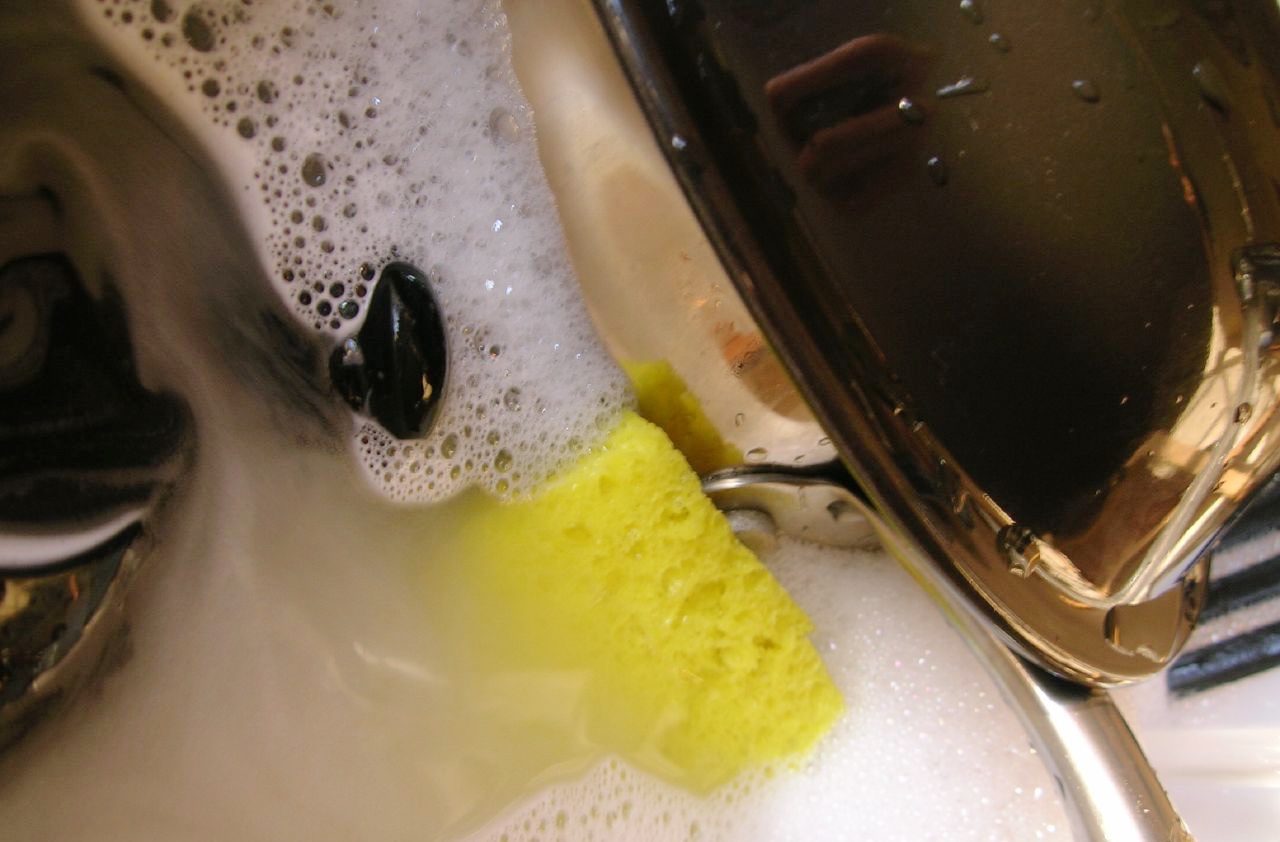Getting your mind off the Mindfulness Movement
No matter how often I am faced with the prescription to cultivate mindfulness in my daily life, I find myself unmoved and unmotivated to actually do it.

“Live mindfully.”
I’ve been reading variations on that phrase for a while now. It’s cropped up on blogs and Pinterest. It’s shown up in various New Year’s resolutions I’ve seen women (and it’s almost always women) post on Facebook, and it’s all over Twitter and Instagram comments. Be mindful, live mindfully, embrace mindfulness. But no matter how often I am faced with this prescription to cultivate mindfulness in my daily life, I find myself unmoved and unmotivated to actually do it.
Psychology Today says that “Mindfulness is a state of active, open attention on the present. When you’re mindful, you observe your thoughts and feelings from a distance, without judging them good or bad. Instead of letting your life pass you by, mindfulness means living in the moment and awakening to experience.”
Similarly, U.S. News & World Report writes:
Studies have shown that mindfulness, a form of meditation in which you disengage yourself from strong beliefs, thoughts, and emotions, has a positive effect on brain function, lowering the stress response and increasing feelings of relaxation and well-being. It involves being truly present, even during those simple, mundane activities like washing dishes. … [you should think things like] “Here you are doing the dishes again. How many times have you done the dishes? How many more times will you do them in your life? What is this activity we call doing the dishes? Who is doing them? Why?”
There is value to paying attention to things throughout your day. As Annie Dillard says, “How we spend our days is, of course, how we spend our lives.” But I take umbrage at the way mindfulness is being preached as a solution to the stress of daily life, particularly because it seems targeted to women. Being “truly present” while I do the dishes sounds horrible. Encouraging me to draw some deep experience out of the task seems dismissive of the fact that I might actually draw deep thought from other tasks in my life–things that actually require me to think. Meanwhile, it’s very irksome that the mindfulness and “cherish every moment” urges are directed at women every time I see them, as though women are the only ones doing the childcare and, thus, are the only ones around to do the cherishing of the mundane moments–or they’re the ones doing the dishes.
Thinking about doing the dishes and how many more times I’m going to do them in my life while I’m doing the dishes sounds like the worst possible way to spend my time. Who is doing the dishes? What is this activity we call doing dishes? Sweet merciful biscuits and gravy, I want to think about anything else but that. That sounds like the perfect way to induce psychosis. HERE I AM DOING THE DISHES AND THINKING ABOUT THE DISHES. Meta chores? Nope!
“To be a healthy, balanced person, you have to also be self-aware enough to see your imperfections for what they are.”
In fact, I take umbrage at all of the “mindfulness” tricks proposed in that article. For example, it urges me to love myself unconditionally as a way to achieve mindfulness. I know myself pretty well, and I can be honest in saying there are things about me that are unlovable and just not good. Putting on blinders to those things doesn’t seem like the best long-term plan. Boosting self-esteem through unconditional self-love sounds like a recipe for a huge ego and no sense of one’s fallibility. Should you berate yourself cruelly over everything you don’t like about yourself? Certainly not. Having a healthy sense of self-worth is important, but let’s emphasize “healthy” there. Being entirely into yourself and refusing to see any faults seems like a faulty way to live too–if that’s mindfulness, no thanks. To be a healthy, balanced person, you have to also be self-aware enough to see your imperfections for what they are.
A lot of the mindfulness method focuses on neutral meditating on the here and now and being “present.” But, much like the mantra to “cherish every moment”, this seems unrealistic. Life is hard. Sometimes I just want to acknowledge that hey, this thing we’re doing right now–commuting 45 minutes with an inconsolable baby, say–is not neutral. It sucks, and I shouldn’t feel guilty for not meditating on it in a deep, meaningful way. Neutral mundane tasks are sometimes just that and nothing more, and it stresses me out to think that I’m supposed to be gaining more internally from the experience of doing dishes.
I’m not saying mindfulness is a bad thing. Not at all–if it works for you, by all means, do your thing! But the Mindfulness Movement too often seems like a setup to feel guilty for just living and doing what needs to be done. Who needs something extra to feel guilty about when we’re probably all feeling guilty enough already about working when we “should” stay home, or not working on our careers when we “should” because we’re staying home?
Look, maybe I’m wrong–maybe mindfulness exercises are what I’m missing in my life. Maybe ruminating on the meaning of dishes and trying to be really present while I record statistics at work would de-stress my life, but I’m not convinced. So I’ll leave it up to you to convince me. Until then though, I’ll be here, daydreaming novellas while I empty those dishes.
Photo by: aaron13251
-
Recommend this
on Facebook -

Report an error
-

Subscribe to our
Weekly Digest





There are 7 reader comments. Read them.